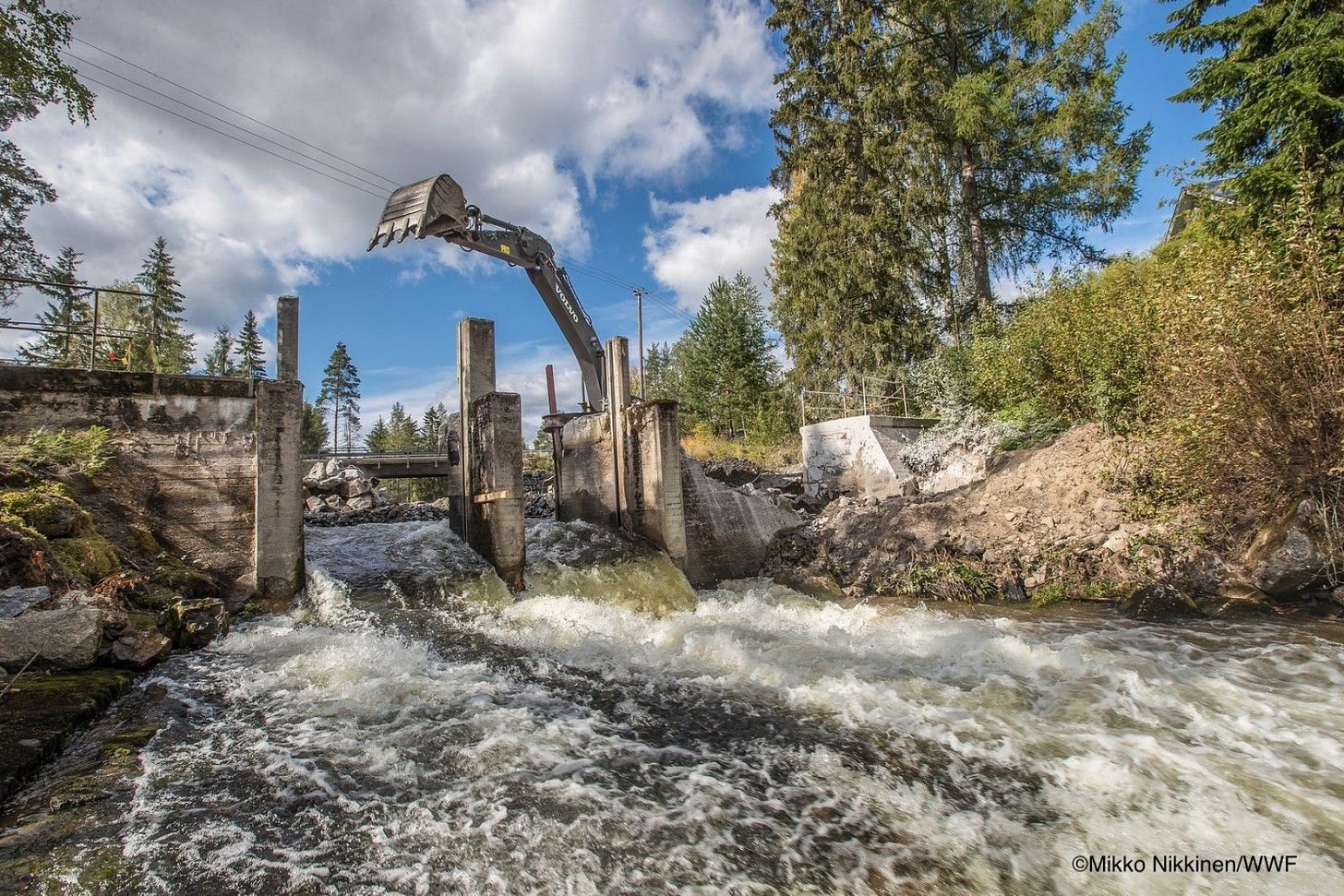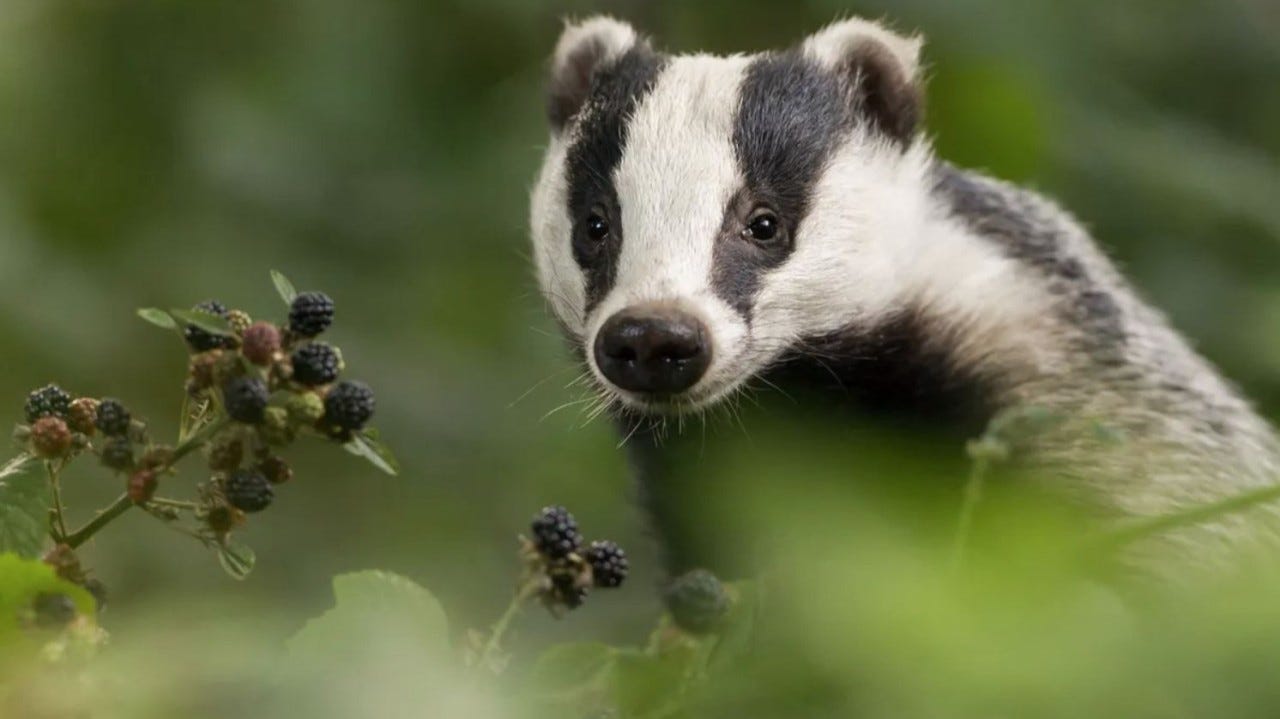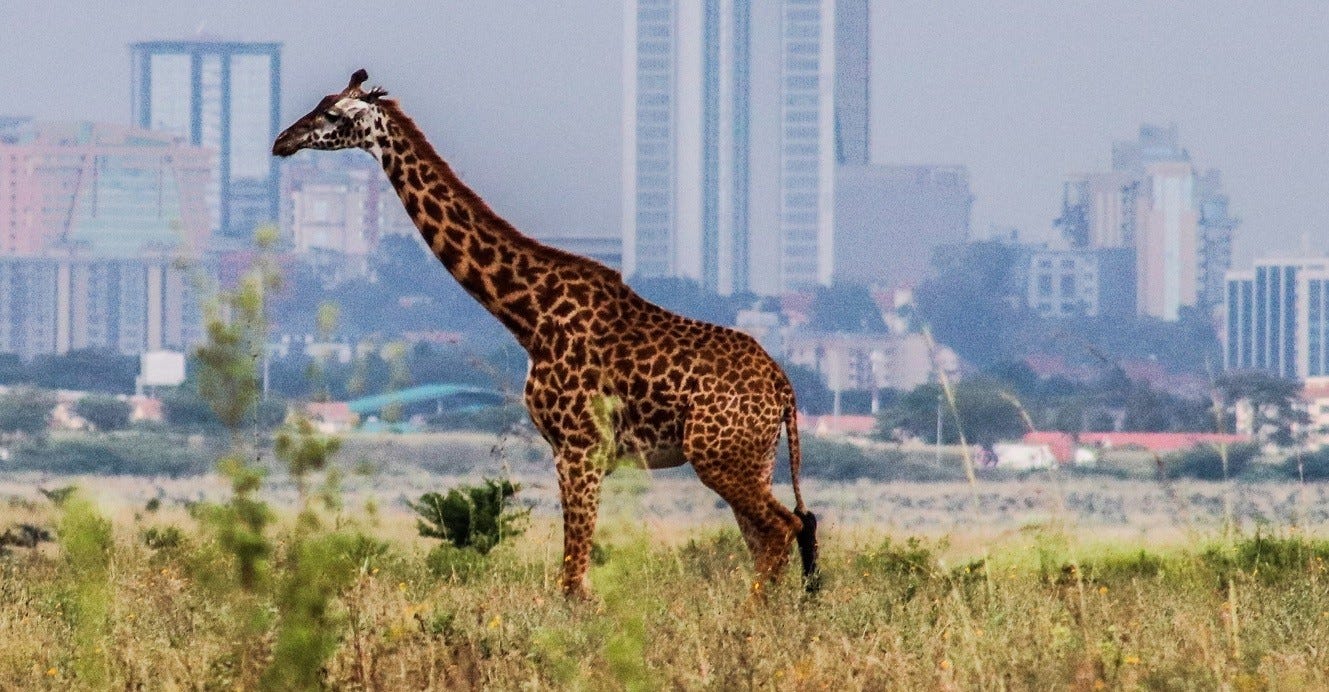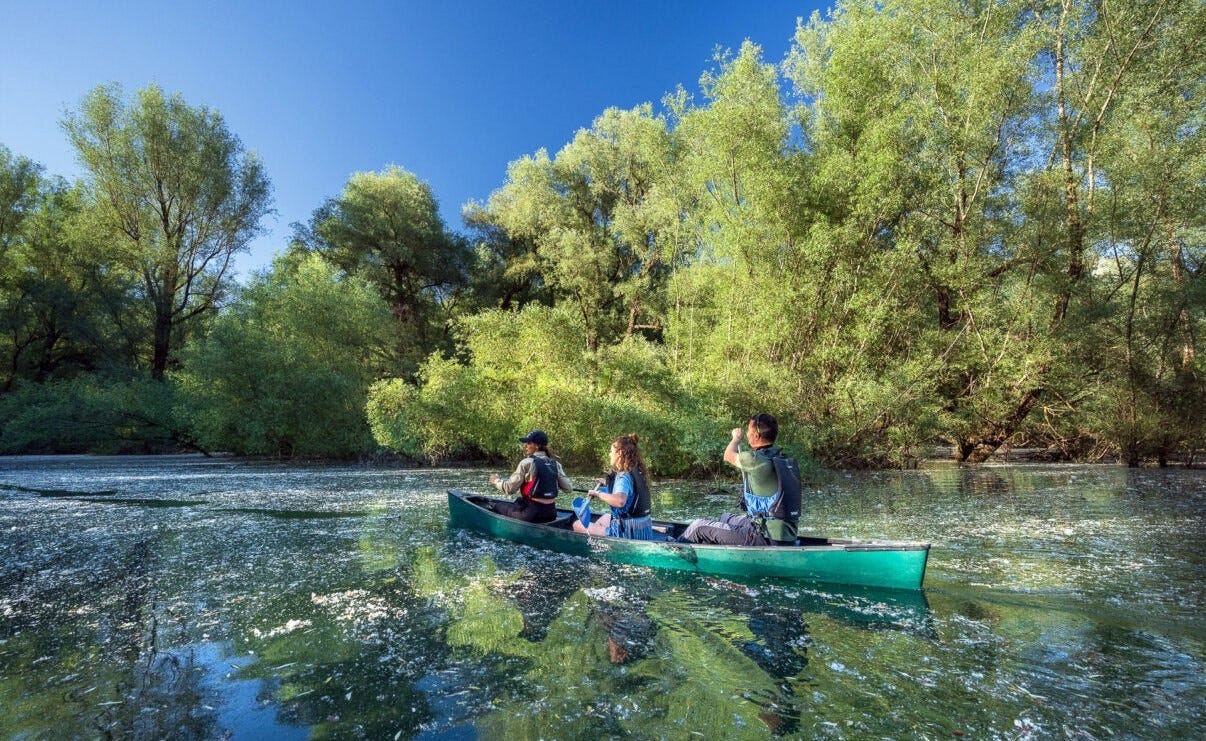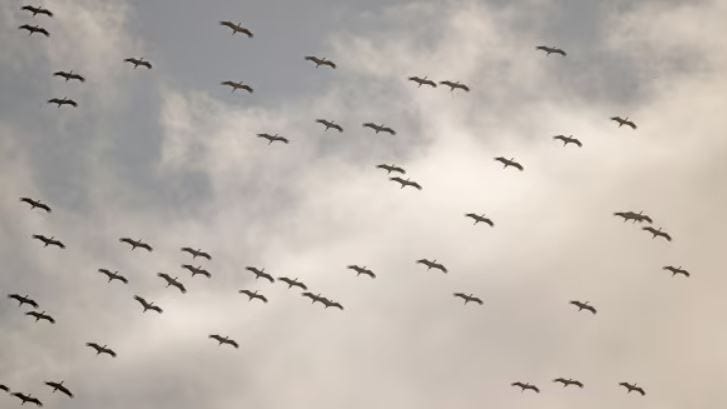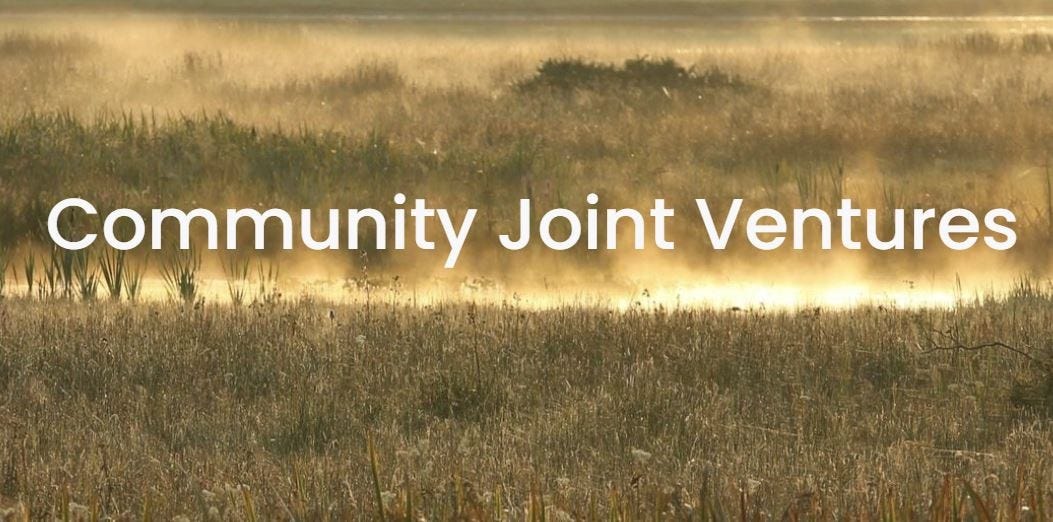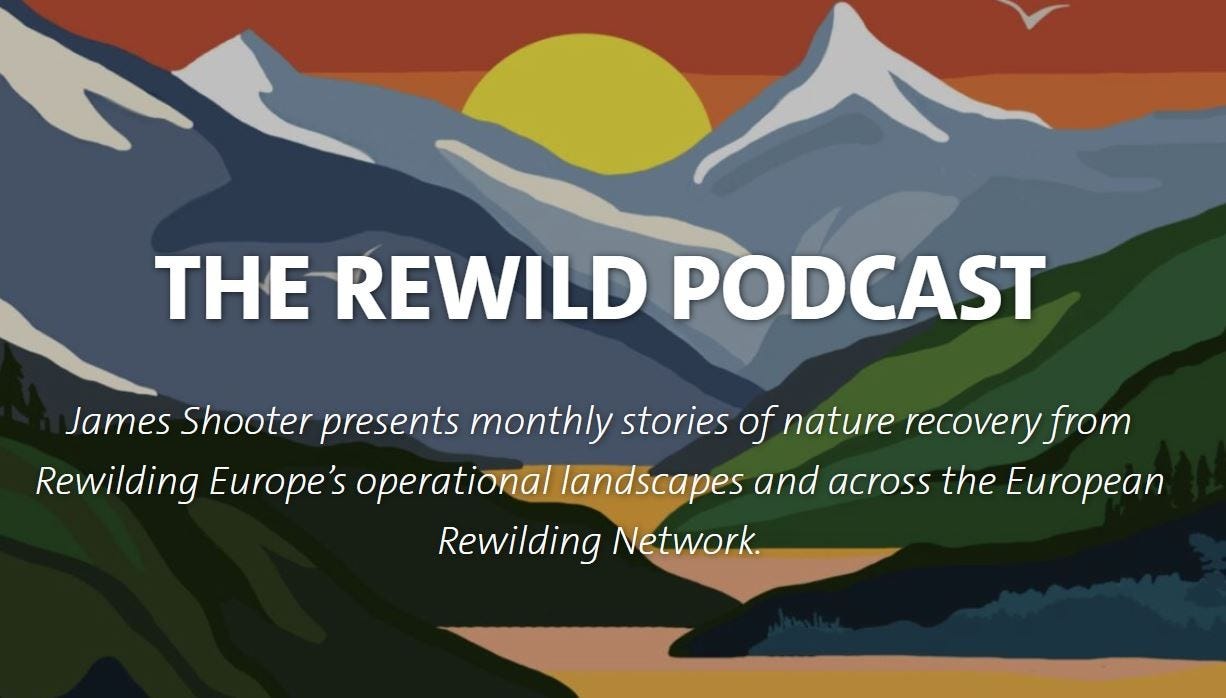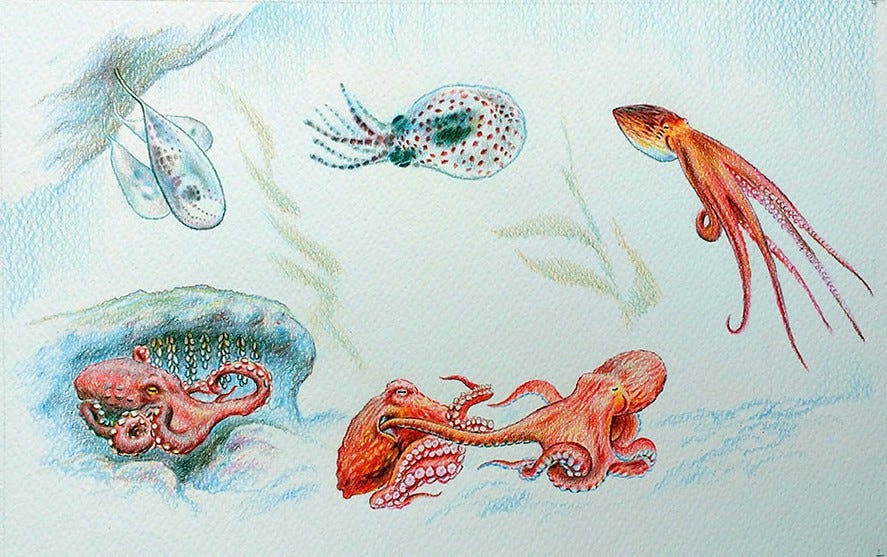Welcome to the latest edition of the Rewilder Weekly!
Should you happen to find yourself in Sweden right now, there's a conference happening today and tomorrow in Malmö. One focus will be on rewilding and Rewilding Europe's Giulia Testa will be on hand on Wednesday as one of the speakers. So, are you in Malmö? If the answer's yes, go for it! Now then on it, let's rewild!
👉 As a reminder: If you come across stories you'd like to see featured in an upcoming edition, send them to me and I'll gladly do what I can.
1) Dambusters!
For biodiversity-rich nature to make a comeback, it needs to be able to flow. Flora and fauna needs nature corridors - and water just needs to be freed! There's a new documentary out called 'Dambusters' and it's available for free viewing for another week or so - so snap to it (details in the post).
Dam removal is a movement, a massive and rapidly growing movement. The organization reports that a whopping 8'146 dams have already been removed. Just to be clear, this is about removing barriers that no longer serve a valid purpose. Once barriers are removed and rivers flow freely again, they give us bends and eddies and marshes and flood plains, they give us habitats for a massive increase in flora and fauna - and they also deliver on being that nature-based solution against floods again. Free-flowing rivers help absorb what has, in recent decades, more and more often ended up in villages, towns and cities.
👉 Go here for post and documentary
2) My detailed look into the continued badger slaughter
According to the Badger Trust, over 230'000 badgers have been slaughtered as part of the seemingly never-ending badger cull in England to eradicate the spread of bovine TB. However, the science clearly has clearly shown that the badger is a scapegoat. Just about 6% of all cases of infected cattle are in any way related to badgers. That leaves a whopping 94% - and that is mostly and squarely centered around cattle. The solution is better cattle management.
Why focus on this in a rewilding newsletter, you might wonder. Well, the badger is at home in the massively biodiversity-poor UK and rewilding is all about nature recovery toward a healthy, biodiversity-rich state. To my mind, the mass slaughter of a species can't be something rewilders are ok with. We need more nature, not less. So, once and for all, end the cull!
👉 Go here for post and article
3) The growing human-wildlife overlap - coexistence is key!
Interesting new research by Neil Carter and Deqiang Ma about the projected increase of the human-wildlife overlap in coming decades - not everywhere, but across more than half of all lands around the globe. So why will more people share more living spaces with wildlife? Well, the reasons are the obvious ones: the growing human population; the increasing need for space; and then there's climate change that causes animals to shift their ranges.
The researchers highlight that this will undoubtedly come with challenges, but they also see the positive, "interacting with wildlife, however, can also have benefits. For example, birds provide valuable pest control for some crops. And studies show that observing birds and animals in nature improves people’s mental health. It is important to manage these interactions in ways that minimize negative impacts and maximize benefits."
4) Rewilding Europe helps nature-based businesses grow
Rewilding Europe has a financing arm that provides loans and grants to businesses "located in and around our rewilding landscapes. The overall goal is to amplify rewilding impact, support the development of nature-based economies, and pilot new ways of doing new business that are good for nature and good for people."
Nature-based businesses are one key element of the rewilding movement. An initial fear is often that people think it is either nature or people. But the answer is not either/or, it is AND. Rewilding works WITH communities and helps rural communities find new hold and purpose. Learn about one such enterprise that benefitted from the Rewilding Europe financing - it is Wildlife Adventures, a hiking, trekking and wildlife-watching company based in Italy. Check out the article - even just the pictures alone will want to make you pack up and go there immediately!
👉 Go here for post and article
5) Nearly 80 storks seen in Cornwall - a first since Middle Ages
Storks were, once upon a time, quite common in England - there was plenty of room for them and, particularly, there was plenty of wetlands for them. A great many wetlands, essential for storks, were drained in the 17th and 18th centuries. John Rance of the Cornwall Wildlife Trust explained that the loss of breeding habitat, in addition to being hunted for food, meant the end for storks in England.
Flash forward and once again the Knepp Wilding takes center stage. Isabella Tree and Charlie Burrell, as part of their overall rewilding venture, also wanted to bring back the stork. Releases began in 2016 and the first four breeding seasons saw the arrival of 68 chicks! What a great comeback story. Rance says, "Bird migration blows my mind, frankly. It's one of nature's wonders that we are only just beginning to understand. People will be familiar with swallows returning every year. It's just amazing and 80 wild storks is quite a sight."
👉 Go here for post and article
6) Highlands Rewilding brings on Community Joint Ventures
Highlands Rewilding (its founder Jeremy Leggett was just featured in last week's Rewilder Weekly) reports on the first four selected Community Joint Ventures that will be "developed into robust investment-ready business models in the next phase of the FIRNS-funded project, ‘Joint Ventures for Scalable Community Benefits from Rewilding’."
FIRNS (Facility for Investment Ready Nature in Scotland) is co-funded by The National Lottery Heritage Fund in partnership with The Scottish Government and NatureScot. Learn about the four wonderful CJVs that form part of the Highlands Rewilding project (everything from helping communities grow to mindfulness and foraging tours!).
👉 Go here for post and article
7) The latest Rewild Podcast is out - we're off to Swedish Lapland!
If you're new to James Shooter's Rewild Podcast, well then I have good news and bad news for you. This podcasted trip to Swedish Lapland is the final one in the series! The good news is that you can binge all 18 podcasts anytime you want to. Go travel with James to rewilding places in Spain and Scotland, France and Portugal, Denmark, Croatia and many more. Eye-opening, one and all - enjoy!
Swedish Lapland sounds like wilderness, but James tells you about vast forestry plantations - the timber industry has wrought havoc on the land. Now the team at Rewilding Sweden "is now busy restoring these ecosystems, where the forest and rivers are treated not as separate entities, but entwined waterscapes."
👉 Go here for post and podcast
8) A story about coexistence by Sweden's Big Five
I am maddened by the wolf slaughter in Switzerland and the bear slaughter in Sweden. I am far beyond frustrated, I am furious to no end. Just recently Sweden's Big Five alerted to the fact that the Swedish government had given licenses kill nearly five hundred bears. Now the slaughter has begun - in the first days, according to The Guardian, Swedish hunters have already slaughtered over 150 bears ... but I don't want to end this week's edition on this - and so I'd rather share a positive story out of Sweden.
Instead of slaughtering wolves and bears, there are proven methods of coexistence. In Sweden, the government helps farmers pay for fences - but farmers are on their own to put them up. So the Swedish Carnivore Association has organized teams of volunteers in several counties to help with the work.
We end the newsletter as always with an artwork by Chilean science illustrator and painter Mauricio Alvarez (mauricio_alvarez_art on Instagram): This time an artistic rendering of the lifecycle of the octopus australis. What an amazing creature!
And that's it for this edition! For more rewilding insights and stories from around the globe, use the #rewilding hashtag and follow people, organizations and groups that are as passionate about rewilding as you are.
Have a good week!
Cheers,
D







